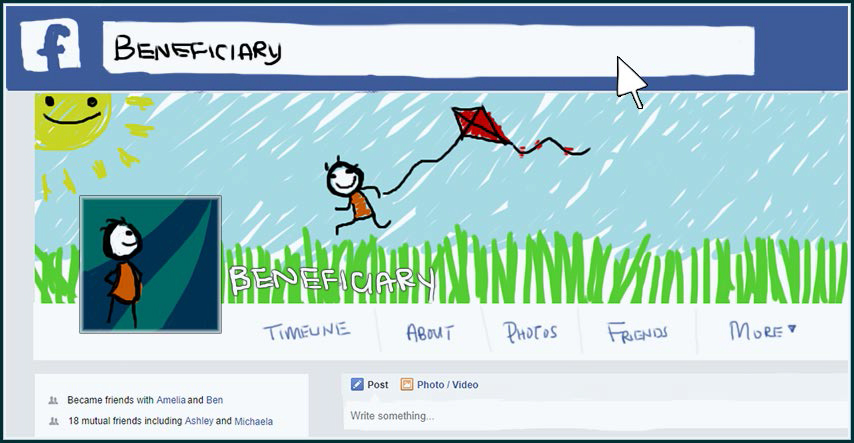Don’t leave your social media open for the world to see
Mental health issues have always been a bit troubling when it comes to insurance coverage. Let’s be honest, those who pay out the benefits for students (and other adults) are not being selfless, they’re running a business. This means that no matter what it comes down to, they are more interested numbers rather than the well-being of the person they’re “insuring.”
When Nathalie Blanchard posted pictures of herself on a beach on Facebook — in a seemingly happy time in her life — Manulife (her insurer) pulled her help benefits and left her out to dry under the clause that she was now over her depression. Did the insurer have any right to use public information to their own ends and was it the right call?
On one hand, the insurer had no accurate way of tracking Blanchard’s ongoing depression. On the other hand, depression is an issue that isn’t like an on-and-off switch. It follows you everywhere. The happy times you spend in between the bouts of anxiety, stress, and crippling sadness are few and far apart.
Studies have shown (and many therapists agree) that the most effective way to treat depression is to socialize and do activities that bring you happiness. Yet, when Blanchard posted pictures of herself at the Chippendales bar show, Manulife assumed that she was now available to work based on their judgement alone. To Manulife, these pictures acted as proof that she was over her depression — the absurdity of the situation here being that Manulife made a judgement call based on social media.
This raises a whole lot of questions about whether or not insurance companies, employers, and businesses have any right to figuratively stalk an individual on the internet. The primary idea behind this is that our posts on these networks can be made public or private. If you make a post public, can it and — more importantly — should it be used to testify against you?
Social media represents a public forum by which its users can vent out their personal frustrations and broadcast their lives. But does a public post constitute evidence of behaviour that can lead to termination of either insurance benefits or even employment?
The simple answer would be an unfortunate “yes.” Truth be told, public posts that can be viewed by everyone are the equivalent of shouting your daily happenings from a rooftop.
To trump this problem, social media sites offer a way to circumvent this with the option to privatize your posts, leaving your updates available only to select members within your circle of added friends or even a select few people within said circle.
Insurers, employers, and law enforcement agencies have the right to see and use your public posts. Private posts constitute a much more complicated debate though. While law enforcement agencies may have the right to access your conversations and photos on a “necessary” basis, insurers and businesses are limited only to your public posts under federal law.
In the age of social media and free information, the best thing users can do is keep their private lives outside of the public eye. In the case of Blanchard, insurers made a poor judgement call, but their perusing of her Facebook account was entirely within their rights.
That being said, it’s probably best to stay outside of the limelight and restrict what the public can see on your social media pages. Err on the side of caution and keep your private lives as they should be: private.
Facebook’s privacy settings can be altered to share your posts only with friends by visiting https://www.facebook.com/settings?tab=privacy and changing the “who can see your future posts?” line to “friends only”.




